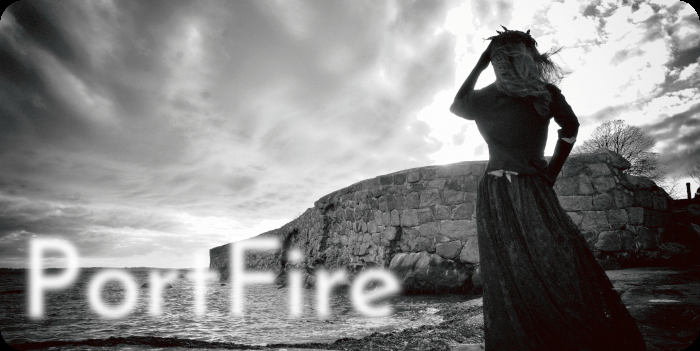Michelle Gemma has scanned in another historic Root of Twinkle, this one from 1994!
Check it out for some serious Mystic, CT nostalgia — and view the other scanned Root of Twinkles from 1993, including the new 2020 copy, in the Root of Twinkle section (up top right as well)
Posts
ROOT!!!!!
ROOT!!!!!https://t.co/hYjB53zi8V
— PortFire Posts (@PortFirePosts) October 6, 2020
mystic: what have you to say about a trump rally?

The Briar Patch
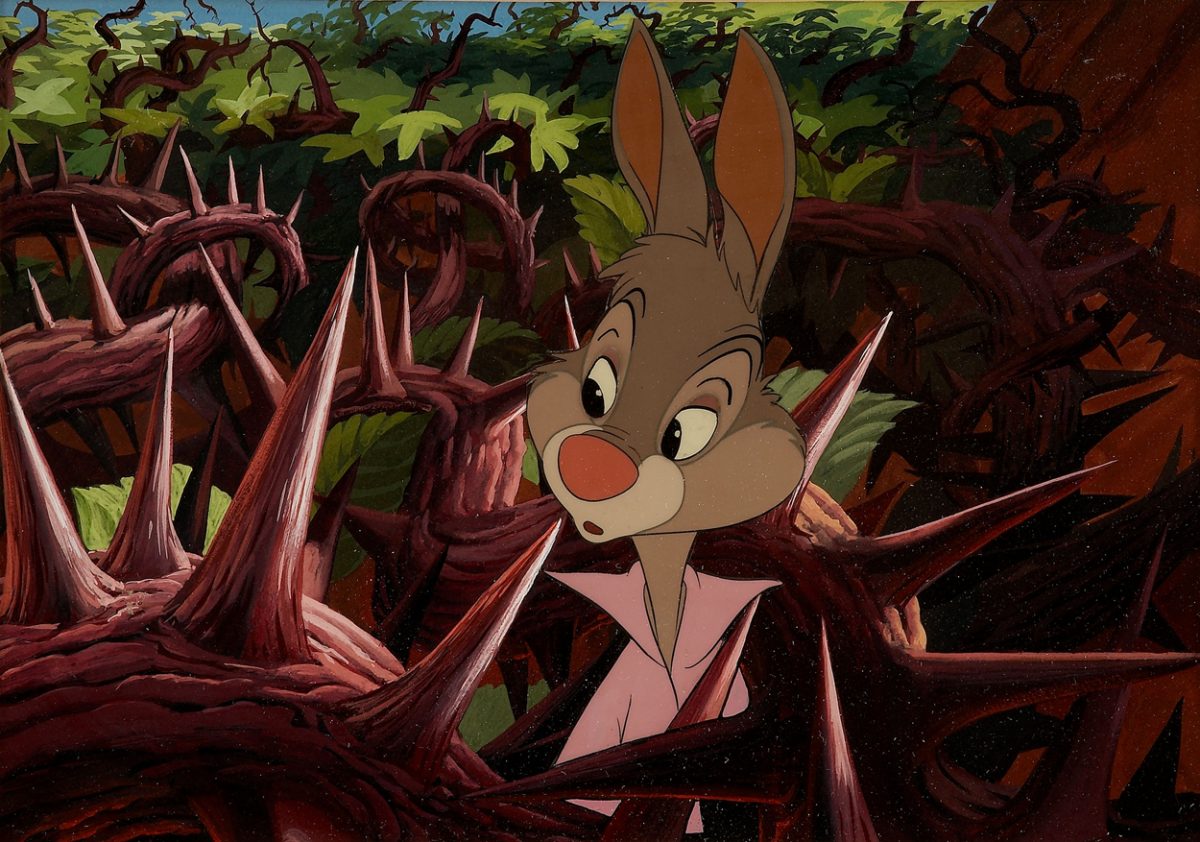
“I’m gonna knock your head CLEAN OFF!” Brer Bear would say to Brer Rabbit, and my Poppa would say to me. It was a game we played whenever we went for a drive, if he was in a good mood. Poppa looked like a Brer Bear: big, rough, and ready to knock somebody’s head in. I usually tried to be sweet, so it wouldn’t be my head, but I could tease him without fear during the game. He would open the passenger door for me and I would hop in, then, quick as I could, I would lean over and lock his door. He would grumble and threaten while I giggled, playing Brer Bear to my Brer Rabbit. After a few minutes of his roaring, I would unlock the door and let him in. We would start our drive and we would start singing. Good moods and road trips meant music, and the first song was always Zip-a-Dee-Doo-Dah, then some songs from Oklahoma, a medley of George Jones, Waylon Jennings and Hank Williams, maybe a hymn or two. My father came from a musical family; he loved to sing and had a strong clear voice. My grandmother had perfect pitch, which I unfortunately did not inherit. But I always sang loud anyway: “Zip-a-dee-doo-dah, zip-a-dee-ay / My, oh, my, what a wonderful day / Plenty of sunshine headin’ my way / Zip-a-dee-doo-dah, zip-a-dee-ay!”
***
“To those 70 million of us whose ancestors fought for the South, it [the Confederate flag] is a symbol of family members who fought for what they thought was right in their time, and whose valor became legendary in military history. This is not nostalgia. It is our legacy… Quite simply, we are up against it. Those whose profession it is to vilify the South and Southern culture and heritage have surrounded us with their perfidious propaganda. They have enormous resources. They have a national media which is almost entirely ‘woke’ with the maxims of the radical left…They don’t want to hear that our nation is fed up with ‘snowflakes’, ‘social justice warriors’ and upper class ‘victims’ of whatever the fashionable ‘oppression’ is.” – My father, Ben Jones, former Congressman from Georgia and actor on the Dukes of Hazzard, on removing Confederate flags and statues from public spaces.
***
It has been over three years since Heather Heyer was killed by a Neo-Nazi during the Unite the Right rally in Charlottesville. It has been over five years since the mass murder at the Emanuel African Methodist Episcopal Church in Charleston. But controversies over the Civil War have not ended, and there are new headlines daily. NASCAR and the military have recently banned the display of the Confederate flag; Mississippi is removing it from their state flag. Confederate memorials and statues are being taken down around the country at a rapid pace.
History is a dynamic process, not a static thing. We are participating in its making right now. Some people are disturbed by these challenges of nostalgia; others, including myself, rejoice.
It has been a year since I’ve published anything. I’ve written a little—sentences, paragraphs, sometimes a page or two—but I’m struggling because it has been a rough year, obviously, not just for me but for all of us. I’ve been inside my Brooklyn apartment for months, except for going out to participate in the Black Lives Matter protests, worrying my wife.
I’m also struggling because I usually write about my family and my childhood. Writing honestly requires me to bring up past events and memories, an unsettling process. A few members of my family have found what I’ve written offensive. Others have told me they appreciated my speaking up.
My family, on both paternal and maternal sides, has a history that involves intergenerational abuse and trauma. This abuse was usually directed by men at women and children, and was fueled at times by poverty and addictions. Painful patterns were passed down, and are hard to talk about without blame or rebuke. Both my parents were traumatized by their childhoods. My paternal grandfather was incredibly cruel, and I wonder what effect that had on my father’s aggressive defense of his “heritage” and “pride”.
It has been over two years, I think, since my estrangement from my father began. I won’t pretend it isn’t painful, but it isn’t unexpected. Our relationship has always been complicated. It has been difficult and wonderful to be his daughter in equal measure. Being with him was sometimes adventurous, other times stressful. During our times together, there was often tremendous focus on his fame and career, especially during his political campaigns.
Our current estrangement is due in part to political differences, over Trump, homosexuality, feminism, racism, and police brutality. It is also due to personal differences. I got angry at my stepmother and lost my temper. My stepmother has always viewed her stepchildren as a threat; every conversation I had with her was like a knife fight, and I was often left bleeding. I don’t miss her presence in my life.
As a result of this blow-up and our political differences, my father is angry at me. He dismisses me as a spoiled brat, social justice warrior, elitist snowflake, and worst of all, a Yankee. But I feel the way I do, not because of where I live or where I work or where I went to school, but because I was raised by a Southern mother who did not glorify her heritage or ancestors, nor did she downplay the racism she witnessed growing up in 1950-60s rural Georgia.
My father claims he speaks for 70 million descendants of Confederate soldiers, but how can one person feel entitled to represent so many others? That 70 million includes many Black descendants, who certainly have different opinions than his. That 70 million also includes many whites who believe in reparations, for example, my mother and myself. She didn’t give me Gone with the Wind to read, instead she gave me The Color Purple.
***
“Joel Chandler Harris and I were raised in the same town, although nearly 100 years apart. As far as I’m concerned, he stole a good part of my heritage. How did he steal it? By making me feel ashamed of it. In creating Uncle Remus, he placed an effective barrier between me and the stories that meant so much to me, the stories that could have meant so much to all of our children, the stories that they would have heard from us and not from Walt Disney.” – Alice Walker
My mother grew up on a dairy farm outside Eatonton, a small town in middle Georgia nicknamed The Briar Patch. When I was little and we were living in Atlanta, my parents would often take me to visit. The farm was on land that had been in my family since before the Civil War. There was always a lot happening there—kittens, porch swings, horses, tree houses, and other childhood thrills. My grandmother indulged me and my cousins and let us run wild, with just a few warnings about avoiding rattlesnakes, hornets, and bulls out in the pastures.
You may have heard of Eatonton: it is tiny, but its writers have had an outsized influence on American literature and culture. Alice Walker, author of The Color Purple, is the most famous writer born there, but Joel Chandler Harris is famous too because of the Brer Rabbit folk tales. (Brer Rabbit was the inspiration for Song of the South and also Bugs Bunny.) Flannery O’Connor lived with her mother and her peacocks nearby.
The farm where my mother grew up is just down the road from Turnwold Plantation, where enslaved peoples told Harris stories about Brer Rabbit. Alice Walker’s homeplace is just a few miles in another direction. My grandmother bought peacocks from the O’Connors. My cousins and I would chase them around the yard, to see them put their tails up. They would fly up into the Mimosa trees and then shriek and scold us from above.
“Harris…has been commended for keeping the folktales alive and accurately recording African American vernacular. However, he has also been heavily criticized for supporting slavery and contributing to the creation of patronizing and damaging stereotypes that romanticize the antebellum era.” – Emily Zobel Marshall in American Trickster: Trauma, Tradition and Brer Rabbit.
Joel Chandler Harris had kind intentions, it seems, and he transcribed stories that may have been lost otherwise. But folk tales about a trickster rabbit have been told in Africa for millennia. Harris didn’t create Brer Rabbit; the enslaved people around him kindly shared their stories with him. He did, however, create Uncle Remus to narrate the tales for a white audience, and he became famous as a result. On the strength of the stories he “borrowed” and published, he established himself as a journalist in Atlanta, doing quite well for himself.
Alice Walker, Eatonton’s most famous writer, is almost the same age as my mother, but their paths never crossed. They grew up just a few miles from each other, but in completely different worlds. Schools, churches, stores, restaurants, and theaters were all segregated in Georgia during their childhoods.
As a child, I listened to the Brer Rabbit stories and watched Song of the South many times. I never thought critically about it; I just accepted it as entertainment, like the Muppets or Love Boat. As an adult, I was surprised when someone suggested the material was racist. But then I thought about it, and I read the stories and watched the movie again. I was horrified: Song of the South and Uncle Remus make slavery seem like a friendly, acceptable, even kind social arrangement. My childhood favorites promoted white supremacy.
I asked my mother what she thought about Alice Walker’s comments. She told me about a white man, the town pharmacist, who dressed up as Uncle Remus every year and came to her school to tell the Brer Rabbit stories. The children were all white, the teachers were all white, the storyteller was in blackface, and the school was segregated.
I also asked my mother if slavery was ever talked about, in her family (who had owned slaves before the Civil War) or at school or church or anywhere else among the white people of Eatonton. She said no. This astonished me. How could we avoid talking about such an important part of our past? I began to understand Alice Walker’s anger.
“In Eatonton, Georgia, to this day, there is a large iron rabbit on the court house lawn in honor of Joel Chandler Harris, creator of Uncle Remus. There is now and has been for several years an Uncle Remus museum. There was also, until a few years ago, an Uncle Remus restaurant. There used to be a dummy of a black man, an elderly, kindly, cottony-haired darkie, seated in a rocking chair in the restaurant window. In fantasy, I frequently liberated him using army tanks and guns.” – Alice Walker
I felt terrible that I’d never considered the racist aspects of Brer Rabbit. I also felt sad because I loved Brer Rabbit as a child—he was little and weak (like me) but was still able to outwit all the bigger critters (which I wished I could). But the truth is that the Brer Rabbit stories don’t belong to me or to other white people. He was taken from people we’d already taken too much from, and used to denigrate them, insult on injury.
The trickster tales came with people captured in Africa and delivered to the red dirt fields of Georgia, where they were treated like mules or worse. They were whipped, hanged, burned, raped, and killed. Those who managed to survive taught others the means for survival. They shared strategies for getting out of trouble, for avoiding punishment, for staying alive. They did this in part by telling tales about Brer Rabbit’s escapades.
Sometimes Brer Rabbit had to bend the rules. The rules were just for the master’s benefit anyway. Sometimes he stole, but only when he had to, and only from those who had plenty. Sometimes he played tricks, but only on those who with more power or brute strength. He was also very good at talking his way out of bad situations. For example, about to be killed and eaten, he persuaded Brer Fox and Brer Bear to throw him into the Briar Patch as punishment instead. Being born and raised in thorns and brambles, Brer Rabbit easily escaped his captors.
Brer Rabbit taught me many survival skills that I remain grateful for. But his stories and their power and magic were not truly intended for me. If I had been born on the family plantation in pre-Civil War Georgia, I would have grown up a slave owner. According to the 1860 US Federal Census, Slave Schedule,[1] my family owned human beings as well as plantations in Eatonton.
My great, great grandmother Susan Johnson enslaved 31 people. My ggg-great grandfather Allen Beall enslaved 50 people. My ggg-grandfather Bradley Slaughter enslaved 34 people. My gggg-grandfather Thomas Respass also enslaved 34 people. In just one record, for one county in one state, I can find evidence that my ancestors enriched themselves through the buying, using, and selling of 149 human beings. I also have found many other slave-owning ancestors, passing other people down like property through generations.
I hope that if I’d been born before the Civil War, I would have seen the evil of slavery and fought it, but who knows? One discovery I made while doing family research gives me hope for my antebellum self: my maternal great grandmother, Maymie Green Little, was descended from Quakers who had traveled from the Carolinas to Georgia, where they established Wrightsboro (now mostly abandoned). They were fierce abolitionists.
[1] The 1860 U.S. Census Slave Schedules for Putnam County, Georgia (NARA microfilm series M653, Roll 150) includes a total of 7,138 slaves. The transcription includes 125 slaveholders who held 20 or more slaves in Putnam County, accounting for 5,048 slaves, or about 71% of the County total.
the New World
which America?
will you ever read this?
which America?
will you even read this?
we have seen the darkest side of freedom
flags on staffs wielded as weapons
the misinterpretation of Gadsden
the Battle Flag of Northern Virginia
co-opted by a misinformed majority
a context to perpetuate points of view
that could be only be described as expiring.
who do you want to be, America?
what is American Exceptionalism?
is it a Department of Defense masquerading as a
unique entity, a projection of strength,
which actually exists as a social works program.
( shhhh, don’t tell anyone….” )
how does your Socialism feel?
we have seen the Pettus Bridge
we have persevered beyond Mississippi,
when it was burning.
hearing fifteen year old girls in Arkansas
casually drop the N Word in private
to musicians from the North
who were making money in the South,
led us to leave town, and drive to the next gig
in Georgia.
we have seen America.
we have seen the darkest side of freedom.
it is a bomb perpetuated in Oklahoma City
it is a cult siege in Waco
it is a White Bronco heading slowly
down the freeway,
while helicopters hover in place.
we have seen Ferguson and Minneapolis,
Breonna Taylor’s killers
still walk among us.
we have seen America
lay waste to the thatch huts,
to the Baghdad neighborhoods,
as clearly as we have seen
the tank brigades in the hedgerows
and landing craft on the beachhead.
we have seen the protests-
to dismantle Wall Street
to defund the Police
to dismantle The State
where is the future we all subscribe to?
it is
American Exceptionalism.
Exceptionalism requires a definition of Quality,
and Maintenance.
without maintenance, quality ceases to exist.
without maintenance, quality ceases to exist.
without maintenance, quality ceases to exist.
(thematic inspiration from Robert Pirsig)
\
Root of Twinkle: Volume 6 Issue 1 – Summer 2020
Signal-to-Voids Ratio
TOTAL “Ring of Fire” Solar ECLIPSE + NEW MOON in Cancer + SOLSTICE June 20th-21st 2020
1 June ~ 7 June 2020
my birthday this year was monday, 1 June. that day, Trump called for the security forces to “dominate the streets.” defense secretery Esper called for security forces to “dominate the battlespace.”
gas, meet fire. the images pouring out of the streets were far too succinct to leave in yesterdays newspaper.

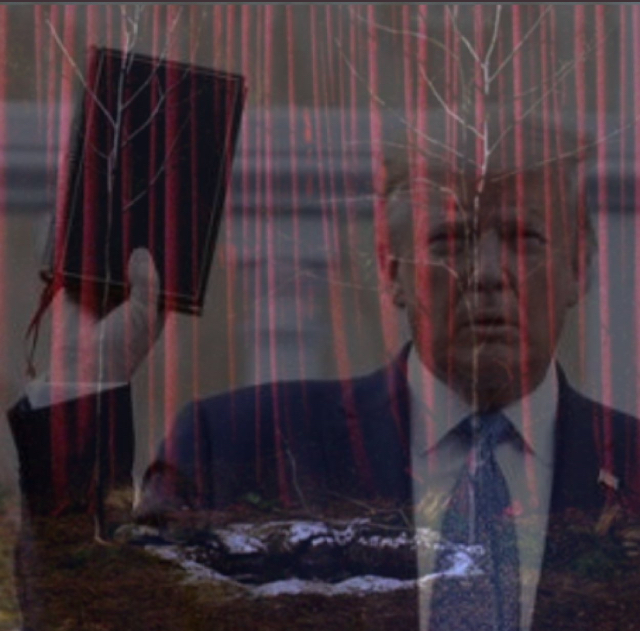

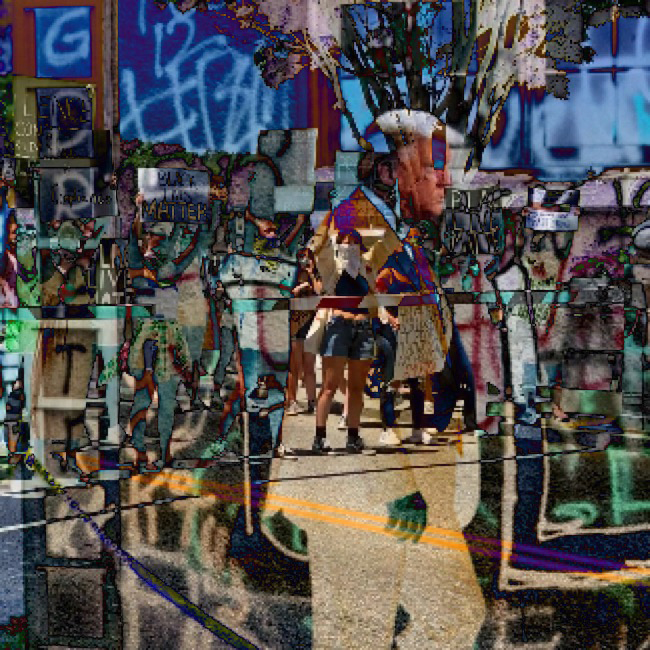

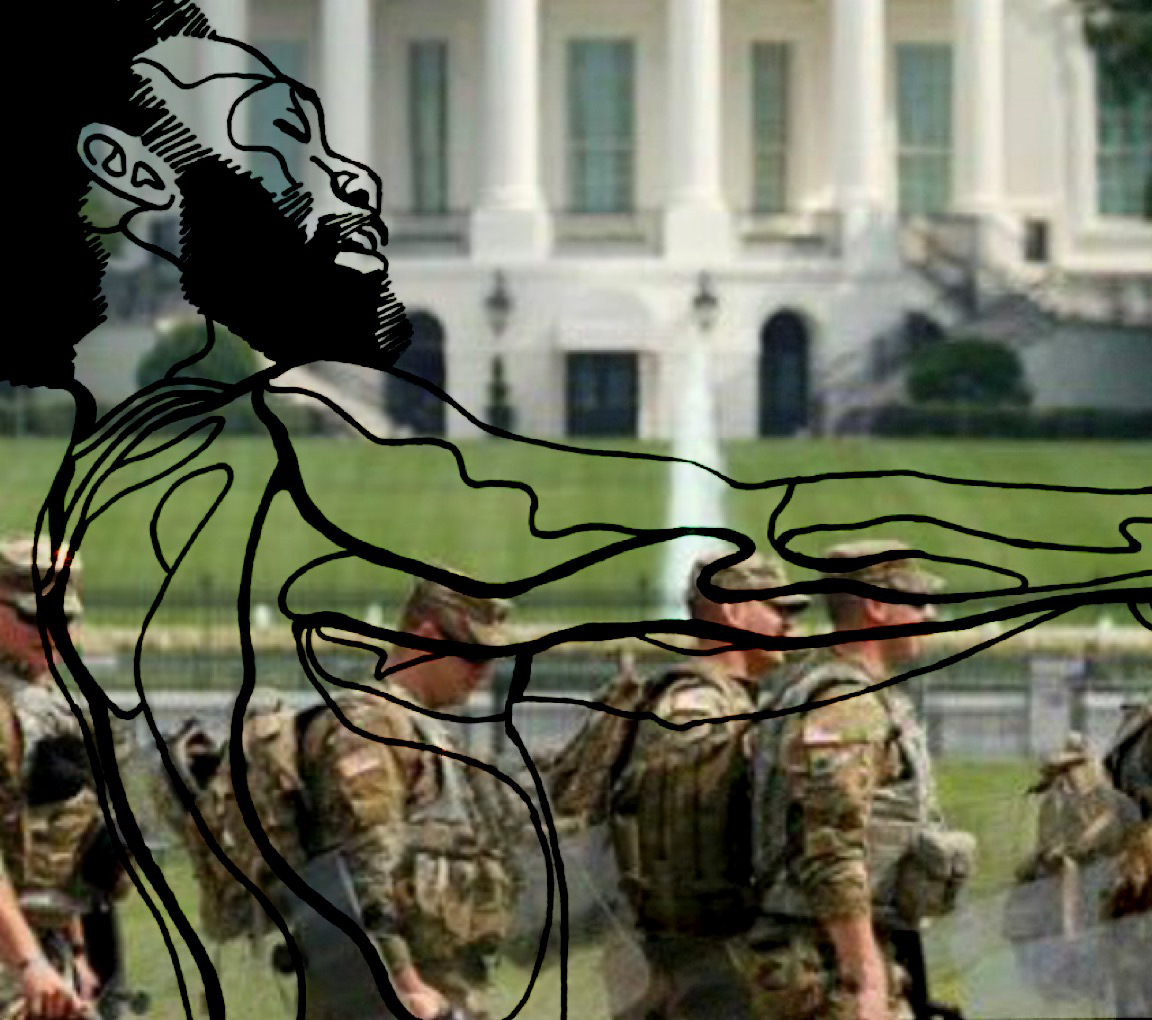
New Moon in Gemini
“The numerology on this NEW MOON in Gemini is beautifully dyadic, as we have lots of Gemini in the chart and lots of 2’s; the Sun and Moon are both at 2 degrees in Gemini, and Venus and Mercury are at 20 degrees in Gemini on the 22nd in 2020.
We can see how this reverberated dual reflection aptly plucks the strings of the polarizing vibrations of the times.
But Gemini encompasses more than just the dual nature, and reflects a wide spectrum of perspectives, possibilities and communications.
The Gemini archetype shows us how we can create a kaleidoscope of inclusion with the multiplicities of form, just as is reflected by the very diverse nature of our natural world.”
https://www.mysticmamma.com/new-moon-in-gemini-may-22nd-2020/
featuring Model: Caroline Walz
Watch Hill, RI USA
Photograph by Michelle Gemma
for the series “Personal Universe”
